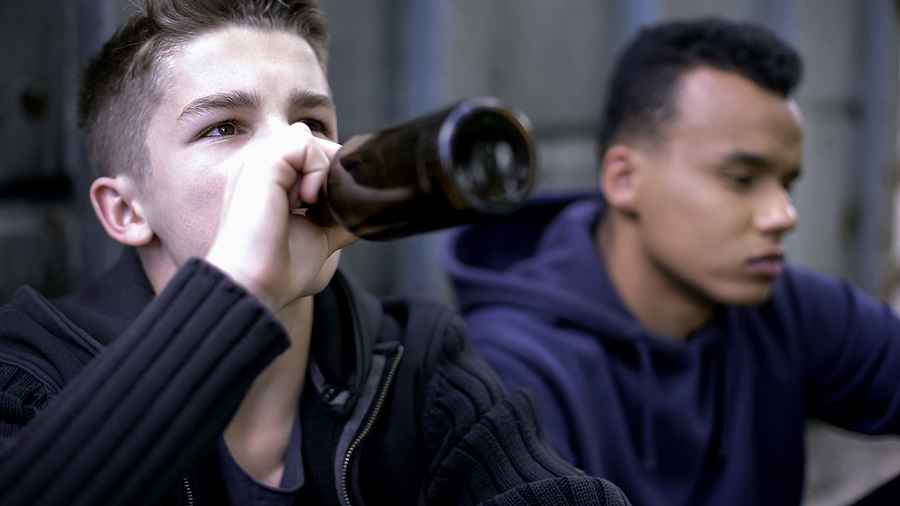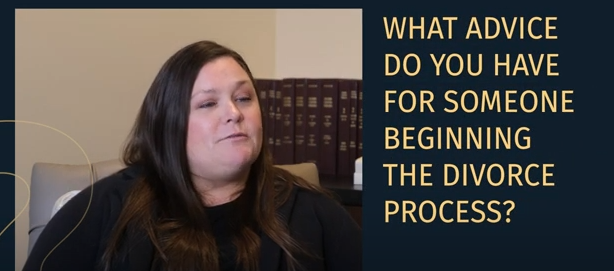Visiting the Cornhusker State means understanding Nebraska’s alcohol laws. One misstep around underage drinking can cause serious legal consequences that can affect a person’s future education, employment, and driving privileges.
Whether you’re attending an event, visiting family, or planning a night out, knowing what is and isn’t allowed under Nebraska’s alcohol laws can help prevent unnecessary trouble. Laws may vary slightly from one city or county to the next, so staying informed is your first defense against accidental violations.
Legal Drinking Age in Nebraska: What You Should Know
The legal drinking age in Nebraska is 21 years old, which is consistent with federal laws under the National Minimum Drinking Age Act of 1984. This law requires all U.S. states to set their legal drinking age to 21 to receive Federal Highway funding. Therefore, the law is enforced across Nebraska in urban areas like Omaha and Lincoln, as well as throughout rural communities in the state.
The minimum legal drinking age in Nebraska also means individuals must be 21 years old or older to legally purchase, possess, or consume alcoholic beverages in public. This law aims to reduce alcohol-related accidents and protect young people from the harmful effects of early alcohol consumption.
Exceptions to Nebraska’s Drinking Age Laws
Nebraska allows for limited exceptions where individuals under 21 may legally consume alcohol. These exceptions include:
- Under parental supervision in a private residence, not in public places like restaurants or bars.
- During religious ceremonies, such as communion
- Throughout educational or culinary programs, as part of coursework
These exceptions are not blanket permissions, and any misinterpretation or misuse can result in legal trouble. If you are uncertain, consult the Dornan Law Team for more information.
Nebraska Laws on Alcohol Consumption, Purchase, and Possession
Nebraska has strict rules about alcohol possession and purchase. For example, individuals under 21 years old are generally prohibited from possessing alcohol in public spaces, even if the alcohol is unopened or the minor is not drinking. Furthermore, it is illegal for minors to purchase or attempt to purchase alcohol, and using a fake ID is an additional crime that can carry separate penalties.
Unauthorized adults who furnish alcohol to individuals under 21 years of age can face serious legal consequences, including fines, jail time, and liability in any subsequent accidents involving underage individuals. The penalties for underage drinking or providing alcohol to minors in Nebraska can vary depending on the circumstances and whether the case involves a repeat offender.
Repeated or serious violations can lead to misdemeanor charges, which may appear on a person’s permanent criminal record and affect job or college applications. An underage drinking charge in Nebraska can have lasting implications, so hiring an experienced legal team can make a significant difference.
Why Legal Representation Matters
The Dornan Law Team provides knowledgeable and strategic defense for minors and young adults facing alcohol related charges in Nebraska. We are compassionate but firm, helping clients understand their rights, navigate the court system, and work toward outcomes that protect their future.
In some cases, we may be able to help clients enter diversion programs or negotiate reduced penalties that avoid permanent criminal records. If you or your child is dealing with an underage drinking charge or you have questions about Nebraska’s legal drinking age and related laws, reach out to our team today.




